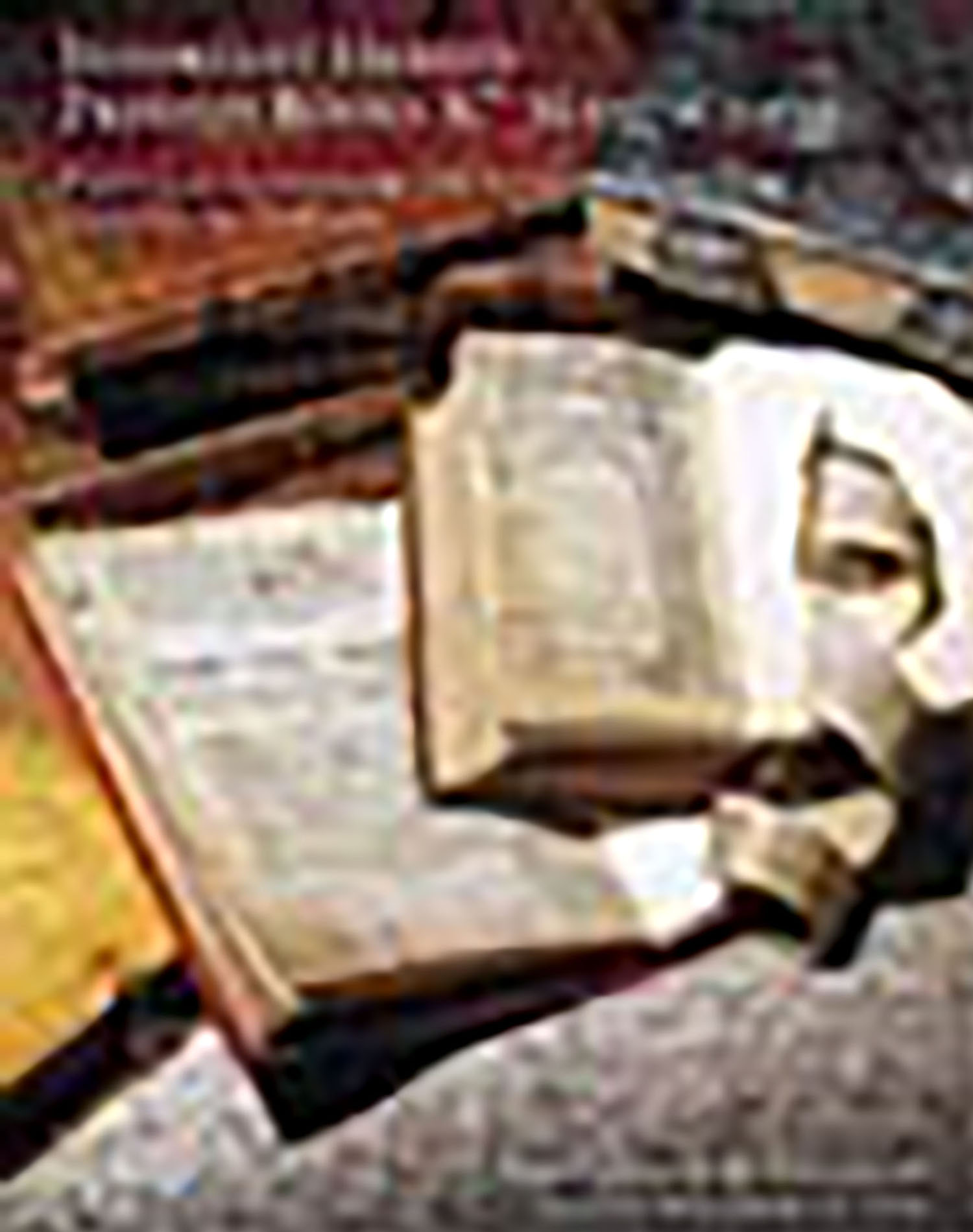The Russian-Turkeyish [sic] War "Pllwna". Colored Lithograph. “Copyrigth [sic] by Prof. J.S. Kolbe, NY.”

AUCTION 14 |
Tuesday, November 13th,
2001 at 1:00
Important Hebrew Printed Books and Manuscripts From the Library of the London Beth Din
Lot 26
(AMERICAN JUDAICA)
The Russian-Turkeyish [sic] War "Pllwna". Colored Lithograph. “Copyrigth [sic] by Prof. J.S. Kolbe, NY.”
New York: J. Richman 1877
Est: $4,000 - $6,000
PRICE REALIZED $4,000
A Most Unusual American Lithograph
The Russians suffered their first serious reverse at Plevna (Northern Bulgaria) in the Russo-Turkish War of 1877-78. The purpose of this print was likely Russian propaganda, an attempt to gain the sympathy of American Jewry, as the Turks were said to be recruiting for their army in New York. Additionally, the pro-Turkish press had publicized atrocities committed by the Russian army against the Jewish civilian population.
Executed by a competent artist who must have worked from sketches made on the spot, or from photographs, since the details are extremely precise. The artist must also have had the advice of someone well acquainted with Jewish ritual. Since the event described is undocumented it is presumed to likely be fictitious. Even so, it is difficult to understand why the Russians should undertake such an elaborate piece of deception in order to influence American Jews.
See A. Rubens, A Jewish Iconography, Supplementary Volume (1982), Addendum 7-8, no. 2194a color plates 72-73. Also see The Jewish Heritage in American Folk Art (1984) p.61. A similar, better known, but entirely different image is of the French- and German-Jewish soldiers of Metz commemorating the Day of Atonement at an open-air service during the Franco-Prussian War as cited in Jewish Museum (London) Catalogue (1974) no. 664; and Jewish Museum (New York) Catalogue, Fabric of Jewish Life (1977) no.246
